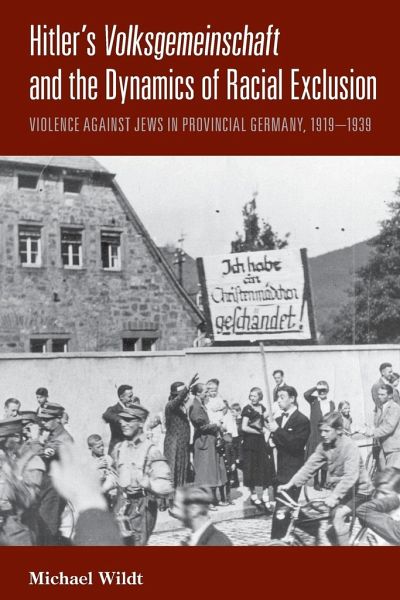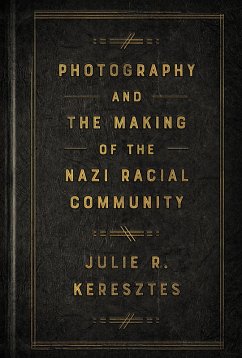
Hitler's Volksgemeinschaft and the Dynamics of Racial Exclusion
Violence against Jews in Provincial Germany, 1919-1939

PAYBACK Punkte
19 °P sammeln!
In the spring of 1933, German society was deeply divided - in the Reichstag elections on 5 March, only a small percentage voted for Hitler. Yet, once he seized power, his creation of a socially inclusive Volksgemeinschaft, promising equality, economic prosperity and the restoration of honor and pride after the humiliating ending of World War I..












